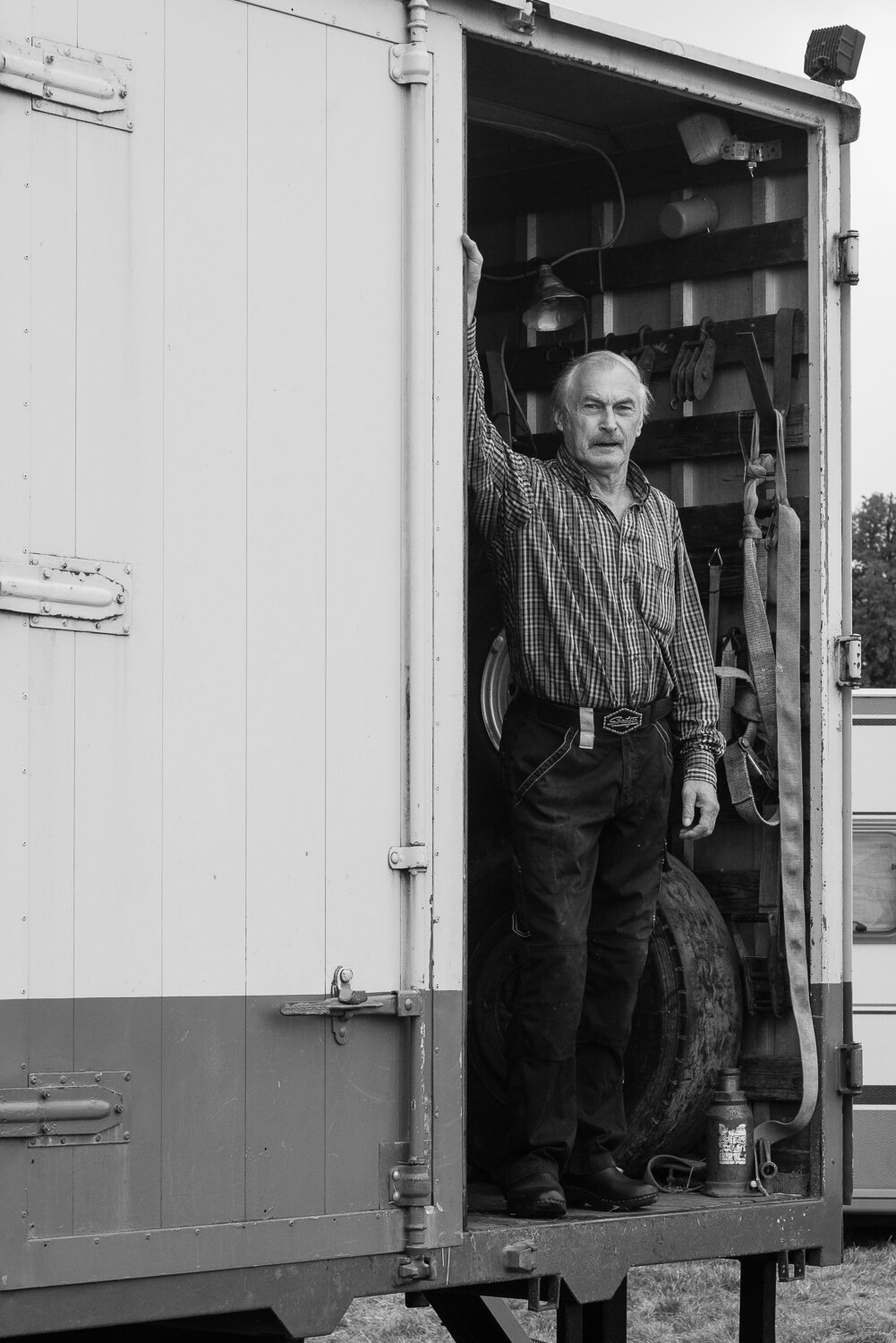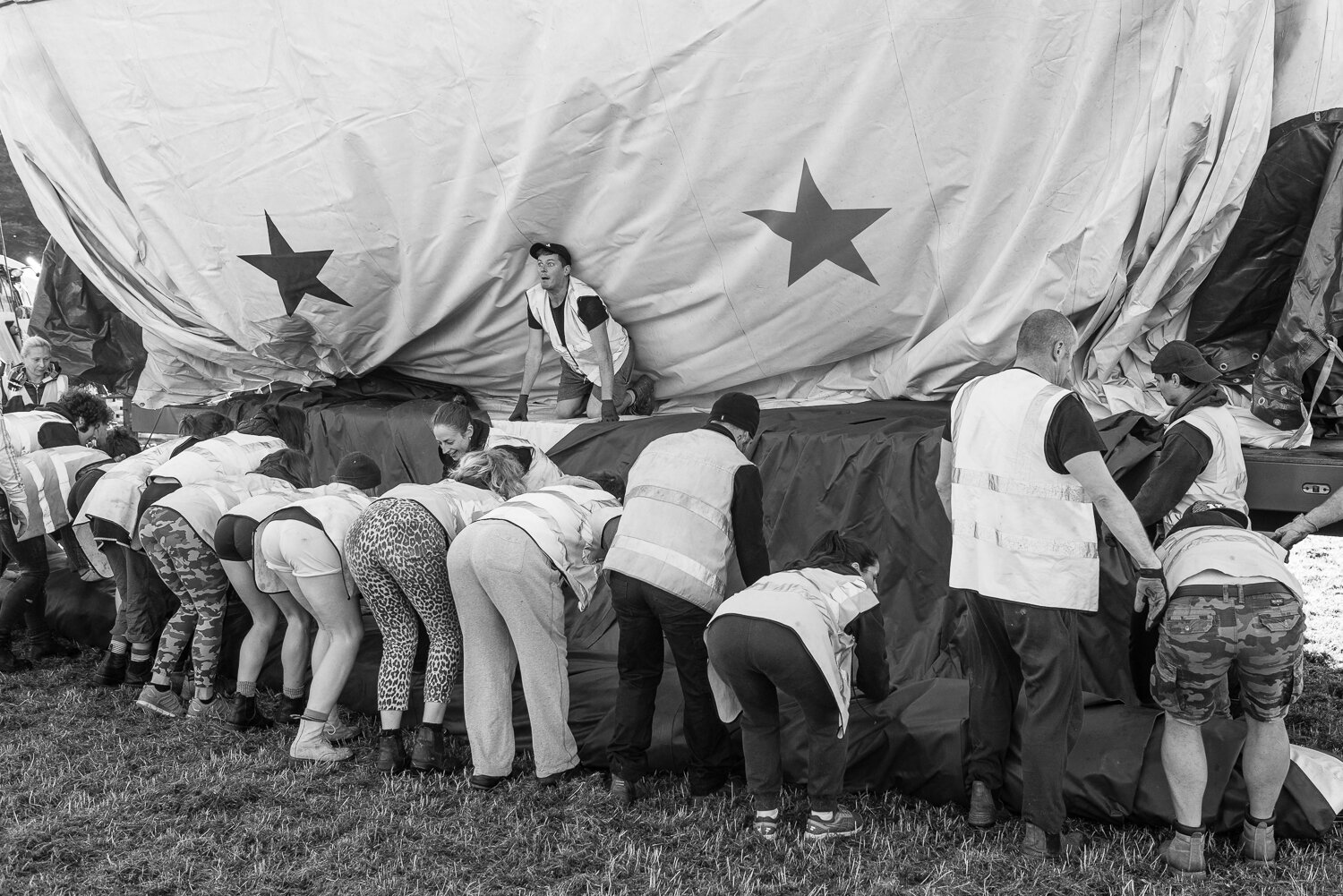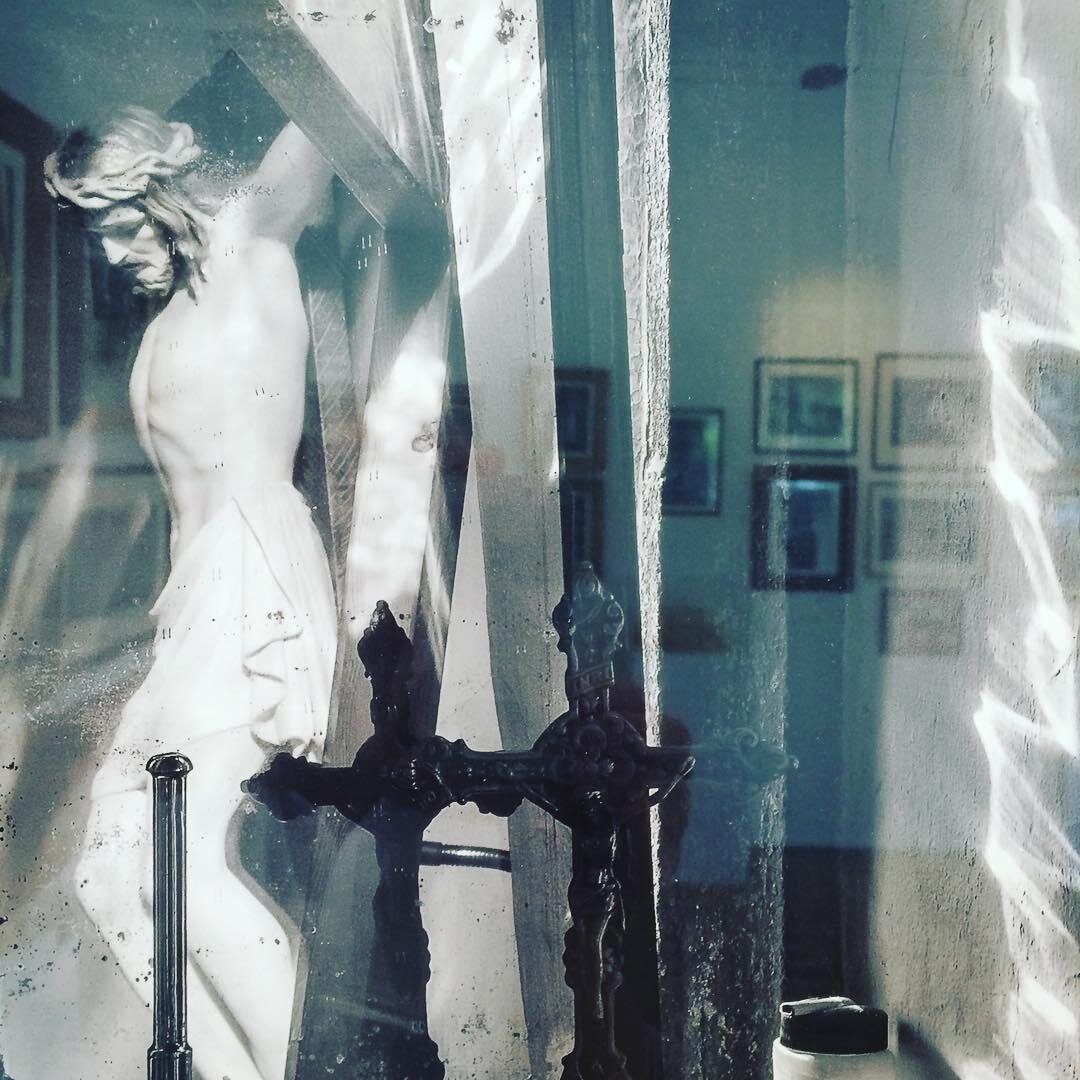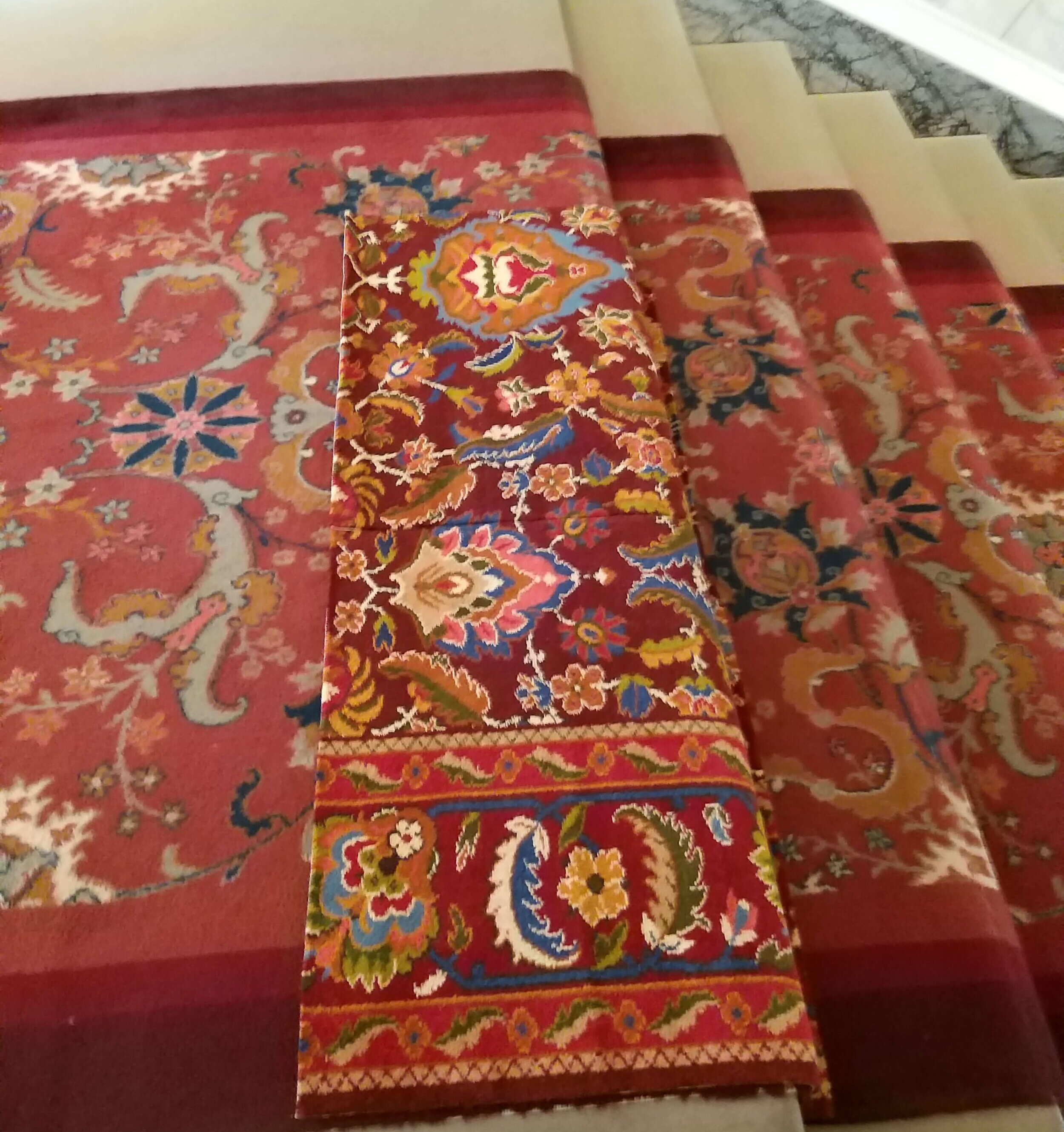Part 2…
Kay - The Lugg Blogg Lipsynch continued.
DANCING AS FAST AS WE CAN by Mark Williams
Before and throughout the lifespan of the Blugg Log, I’ve been scribbling a series of meditations on life under lockdown, its political (mis-)management and possible wider consequences in another blog, but in recent weeks I’ve somewhat lost the will to continue with it as it’s become impossible to imagine how it’ll all end, and despite an unspoken hope, increasingly difficult to believe that life will ever be the same as it was pre-Corona.
But I recently had a friend staying here who’d never been to Presteigne before, never been to the Marches in fact – hard to believe, but there it was – and whose experience over just a few days gave me pause for thought about how lucky we all are to be living in what must be a fairly unusual little burgh both socially and economically.
Accompanying me on the daily High Street shop – under lockdown she just drove to her nearest Sainsburys once a week – she marveled at the fact that we could get just about everything we needed from a butcher, fruit and veg shop, deli, chemist, florist and two mini-marts in a town of just 2500 souls, and should we feel so inclined, books, postcards, fabrics and upscale bric-a-brac from the usual suspects. She also needed some printing done for her work at short-notice – so hello, Artisan Press, and her car needed a service, so hey-presto Autoworks. She was also much taken with the fact that as we dawdled around the town I knew and spoke to so many fellow travelers, some of them decades-old friends. And these are things we all take pretty much for granted, but none of which evidently apply to where she lives or indeed had ever visited in Britain.
I reflect on this not through some moisty-eyed, rose-tinted spectacles, but because it brought home to me, if not for the first time, that we all are incredibly favoured to be living in a part of Britain, nay the world, where such easy intimacy and access to rather more than the basic needs of life are within walking distance, to say nothing of the pub and larger-scale gigs, fortnightly film shows and arts and crafts a’go-go. And of course there’s even more to it than that, for the response to the wretched Covid-19 virus has been but another example of how our community rallies around with mutual or simply altruistic support when necessary: campaigns to keep our library open or a supermarket out of town, establish a youth club, volunteering to help the aged, lonely or infirm who need it and of course stewarding at the various festivals this tiny town managed to mount until CV-19 knocked us all for seven. And when it did, we were were making masks, delivering food to those that couldn’t make it to the High Street shops, where we also provided social distancing management to those who could…and all the rest of it.
And generally speaking this is all done with the good grace and humour which evidently is in increasingly short supply elsewhere and so the point of this rant is that what is probably coming down the pike is not a return to the normal, or even the ‘new normal’ that politicians and pundits cautiously predict we must soon embrace, but something much more onerous and threatening to our arguably charmed way of life here in the Marches.
Unemployment and economic distress on a scale this country, indeed any developed country, has never before witnessed could be with us within months and the ‘new normal’ might even usher in civil unrest and the wholesale breakdown of social, cultural and utility services that were already teetering on the brink. Should that happen, then I hope we will stick with the way of life, and the values that we probably unconsciously espouse and in the words of our local but internationally loved folk-rockers, the Oysterband, carry on dancing as fast as we can… and for as long as we can.
Pete Smith's White Crosses (read more about them in a past Lugg Blogg here)
REMEMBERING PETER GREEN - Salt
Like so many people in this community, I was very sad to learn that the legendary Peter Green died last Saturday. I’ve been a fan since hearing his instrumental “The Supernatural” recorded on John Mayall’s “Hard Road” album in 1966, and on my 18th birthday I remember listening repeatedly to “Albatross” on the jukebox by the swimming pool of the Mission to Seamen in Dar es Salaam (I was rather innocent and it seemed the best available way to mark the occasion!)
When Peter Green replaced Eric Clapton in The Bluesbreakers in 1966, Mike Vernon, Mayall’s producer at Decca records, asked where Eric was when the band arrived at the studio… Mayall apparently replied: "He's not with us anymore, he left us a few weeks ago, don't worry, we got someone better…."
He is best remembered as a fabulous guitar player but for me he also wrote songs of supreme power, sensitivity and feeling, most of which have stayed with me all my adult life. He burnt out early and became rather a shell of his former self but his soul lives on in his songs.
Thanks for the music Greeny….
ANOTHER WORLD - Alex Ramsay
Last year, in a very different world from this, I had the opportunity to hang around and see the astonishing labour involved in moving Gifford's travelling circus from one place to another. It was pure pleasure to watch the smooth teamwork - everyone had a role and knew it backwards. Two and a half hours of intense work (and straight after a show, too) saw the site cleared and the wagons on the road. The next morning started around 6.30 with the shattering noise of pneumatic hammers driving in the tent stakes. No sleep for anyone after that, and by midday everything was up and ready. A late and thoroughly earned breakfast followed, with the rest of the day off.
Lil Rice, producer, getting the stakes out.
The Donnert equestrian team packing away the staging.
Tony Donnert
Tweedy the clown, preparing to take down the big top.
Rolling up the big top.
The next morning, at their winter quarters near Stroud, the horses are put out to pasture after a long summer of being on the road.
Driving in stakes for the big top, early in the morning.
Preparing to hoist up the big top.
Moving the wagons into position.
Two of the glamorous front-of-house team.
And finally, the show…
@Alex Ramsay photography
A LOCK DOWN STORY - Tim Craddock
APRIL 1969
You know those days when you are young and the whole of life stretches before you, when everything seems possible, when ambitions form in your mind, and when you become determined to achieve them? I was 12, almost 13, and at a school in the English Midlands which was not fee-paying, but which had a high opinion of itself, and modelled itself on the grander public schools. That year there was to be a school trip in the Easter holidays to Normandy. My parents thought it an extravagance and were barely able to afford it; but I cleaned cars and weeded gardens to make a contribution and they finally agreed I could go. It was my first time abroad, and hardly far from these shores, but it was a different, strange world, and to a young boy, one which was as foreign and full of mystery as if we had been travelling to the Amazon.
The trip was led by a group of young schoolmasters for whom it was as much of an adventure as it was for us. Their enthusiasm was palpable, and they had been planning the trip for months. They were as keen to get away from the still wintry industrial Midlands as we were. We boarded a coach to Southampton, and then an overnight ferry through Channel fog to awake to sparkling views of the Normandy coast and, for me, my first view of a foreign port, and of people shouting in a foreign language, a language I had been learning for a while, and was beginning to understand.
By today’s standards, the trip was rather high-brow and cultural : abbeys, museums, the Bayeux Tapestry, Mont St Michel by day; lectures on architecture and French culture and history in the evening. But the formal barriers between pupils and teachers soon began to break down, with jokes in common about the mysteries of French plumbing or the hard bolsters for a pillow. There were also exotic French meals together, and trips to the beach, and occasional games of football. So a certain type of camaraderie developed which we had not really known in the classroom. Or perhaps we were growing up and becoming more adult, so that we began to see them more as individuals like us, rather than mere figures of authority who were there to stop us having fun. I suppose we had also reached the age where we could begin to have proper conversations with adults, and begin to understand the subjects they were teaching us so that they too started to take us more seriously. One in particular, Graham Overhill, was a very inspiring figure. I suppose he was in his late 30s at the time. He brought history to life in his talks about the life in the mediaeval buildings we had visited. We looked forward to his evening talks about French life and history and, young as we were, one of the highlights of the entire trip was our visit to the D Day beaches and the German fortifications and remains of Mulberry Harbour at Arromanches.
The trip, and all we were taught, provided inspiration and life-long memories. That was when life-long passions began. Do teachers inspire? In many cases, undoubtedly yes. In my case, deep down, I think many of those things - a love of languages, of travel, of “Foreignness” were already there. But deep down. For the rest of my time at school, and before University (and a degree in languages), Mr Overhill was there, teaching and inspiring.
TWENTY FIVE YEARS LATER
JUNE 1994
I was working in Paris. The language learning and love of abroad had pushed me into a career which was largely spent abroad. France was preparing a lavish programme of events to mark the 50th anniversary of D Day. A Parisian friend, originally from Normandy, rang up to suggest a small ceremony of our own, basically an excuse for a picnic and visit to the coast in glorious weather. A group of us drove out to his family’s village, not far from the main D Day beaches and Arromanches. In the group were not only Brits and French, but also a German couple, an American and a Canadian.
The cemetery our French friend had known as a boy, in fields near his village, was tiny with only three British wartime graves, but graves that were immaculately preserved and well cared for. It was even more poignant that such a diverse group of people was visiting it and commemorating those soldiers and remembering them on that days of all days when their graves had hardly been visited in the fifty years since their deaths. Late in the afternoon we climbed a hill near the cemetery from which you could see the beaches at Arromanches. It was the first time I had been back in that area since that school trip twenty-five years before. I remember thinking then of Graham Overhill, of his teaching, of that first trip ever abroad, and of how his teaching had inspired me and where it had led me in the first decade and a half of my career.
TWENTY FIVE YEARS LATER
CHRISTMAS 2019
It was about 2015 or 2016 that I got back in touch with Graham Overhill. I had retired a little earlier, Graham years before in the 1990s. We exchanged occasional letters and Christmas cards. I had often thought of what he had taught me over the years; and I wanted to tell him that he had not only been an excellent teacher but also a real inspiration. In one of his replies, just before Christmas 2019, he confessed that he had sometimes thought himself a failure because he was never sure of his abilities or his capacity to inspire. It had done him a lot of good, he said, to hear from others that he had made a real difference to peoples’ lives.
MAY 2020
Graham’s health was deteriorating in 2019 when I was last in touch with him. With the help of his family he moved himself, mainly because of poor mobility, into a Care Home in February 2020, just before the COVID lock down began. By then he was over 90. In an e-mail from the school, we learnt that he died in May after a short battle with COVID, caught after residents were released back into the Care Home from his local hospital, near that school where he had taught so long.
HEADING TOWARDS THE PRIVATE VIEW - Lois Hopwood
Antonia Spowers
Almost three years ago, Antonia Spowers put her cast glass city sculptures and beautiful bubbles into a mirrored case into the Bleddfa Gallery for an exhibition titled ‘God’s House and Altered States.’
Alex Ramsay
With the dense hang of Alex Ramsay’s amazing church photographs, it made a brilliantly textured exhibition, one of my all-time favorites, looking for all the word like an ecclesiastical outfitters. Antonia, a sculptor of sometimes light materials (pencil sharpenings and glue) and a good feminist too, was completely lovely from beginning to end when she said,
‘You know Lois I am rather used to an empty white gallery, but this was great fun.’
Now it is August 2020, and the Oriel Bleddfa re opens to the public on Thursday13th August with ‘Home Territory’ - a brilliant new exhibition of paintings by Simon Dorrell, sculptures in bronze and stone by Tania Mosse and landscape paintings in gouache, water colour and pen and ink by Josh Partridge.
Tania Mosse
Josh Partridge
Simon Dorrell
If you put on exhibitions, you will know that the exhibition gradually takes on a whole new life of its own just before it goes in the gallery; phone calls, meetings, lists of work, CV’s, photographing, labelling and pricing is the hidden part of the iceberg for the artists. And then there is the week of installation.
Which leads me to a familiar scene on a summer holiday morning at the Castle Hill Farm kitchen table. I am stuck in a loop of having a stylish PDF Private View invitation on ipad pages that will not crop on a PC or re-save as a jpeg. Picture Mary Beard hair in plaid pyjamas, head in hands trying to outwit technology. Our next door neighbour, Colin Evans (70-something, brings his ‘farmer’s own eggs’ ha ha) is in for morning coffee and a fairly silent Radnor conversation. Tony Hall Potter is selling his restored BMW’s on ebay and all my ‘Teen’ help is unconscious for a further three hours.
A familiar story of working from home, a download of pages from Apple and a free week’s trial of Acrobat PDF translator, a conscious teenager ‘et voila’ we have the PV invitations for this next brilliant exhibition at the Oriel Bleddfa. We have put it on so now we want you to come and see it.
Private view Friday 7th August 6 - 8 pm - please come to see the new exhibition at Bleddfa which will open to the public on13th August and runs to 30th August. Open Thursday, Friday, Saturday and Sunday from11 - 5pm.
And to Antonia, thank you for reminding me to carry on with my own work too, and I will miss chatting to you at all the Presteigne private views.
Lois Hopwood
Exhibitions Officer
Oriel Bleddfa
FROM THE WORKHOUSE GALLERY - Sara Bamford
Here is a photo of the Grand Staircase at Alnwick Castle showing a sample David has made to an 18th century design and colourway that he proposes to weave to replace the current carpet.
A beautiful Zeigler design, hand knotted carpet woven in Kabul just waiting to be shipped to us in Presteigne. Made for a client in Yorkshire.
A partially finished large steel horse waiting to have front legs and rider completed.
A PLACE - David Ashby
For Grace and I, travel has been an enduring feature of our lives. So lockdown, with many of the freedoms that we once took for granted curtailed, was an interesting experiment to discover how we would adapt to such a severe clipping of our wings. Blessed by an April and May beyond all our expectations, it proved to be a fascinating doorstep discovery of what lies just around the corner. Locked down was not locked in. It was a time to pore over maps. A time to focus in.
Using a combination of cycling and walking, we concentrated on a 3-miles radius from Presteigne. The OS Explorer 201 was spread out, studied in great detail and routes both short and long planned. We discovered old Holloway’s now long overgrown had become rich corridors of flora and fauna. A glorious section of the river Lugg complete with swimming pools and the mother lode of wild garlic growing along the banks. The best view of the Lugg valley we shared with a local artist, as the sun set to the west turning the fields of flowering rape aglow. And thinking we had already found the best bluebell wood in the area, we took a different turn one evening and wandered into a heart-stopping arrangement of trees under-strewn with the truest and bluest of English bluebells.
It was a magical time, given not only to flora but also to fauna. We became familiar with the old red fox as he took his usual path into the Beech wood. The tamest deer we have encountered let us sit within 20-feet of her as she nibbled fresh grass beneath oaks fresh with bright yellow leaf. And we cycled our favourite run down off Stonewall Hill with half a dozen red Kites wheeling overhead.
As the weeks passed and our ‘knowledge of place’ deepened we felt an increasing sense of community with our immediate area. This also manifested itself in a sense of caring, of wanting to look after and preserve this infinitely rich and precious landscape and its inhabitants. Thinking more on the concept of knowledge of place, I see it as integral to humanity's duty of care to the planet. Without it, as many are by dint of being removed from nature, there is no sense of personal responsibility. We have also been stripped by a patriarchal church of the idea of a maternal Earth and had it replaced with a father God. Thus was the natural world drained of its sacred power by stamping out paganism, animism and pantheism.
So, to sum up. Lockdown took much from us but also gave many opportunities to explore in new ways. Helped by a beautiful spring and nature in its irrepressible annual eruption we were best placed to enjoy it to the full. Looking up the Hindwell valley one evening, I was reminded of one of my favourite quotes by the Scottish-American naturalist John Muir, “I only went out for a walk and finally concluded to stay out till sundown, for going out, I found, was really going in.”
Finally - THE QUIZ!
(Answers here)



























